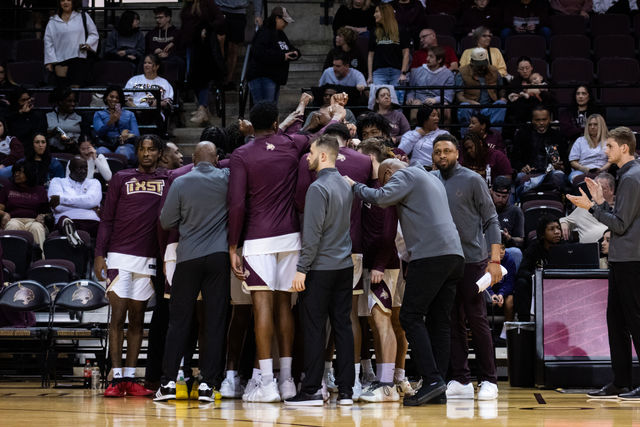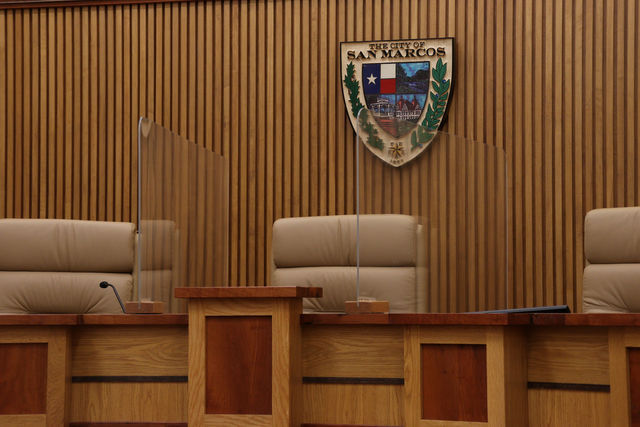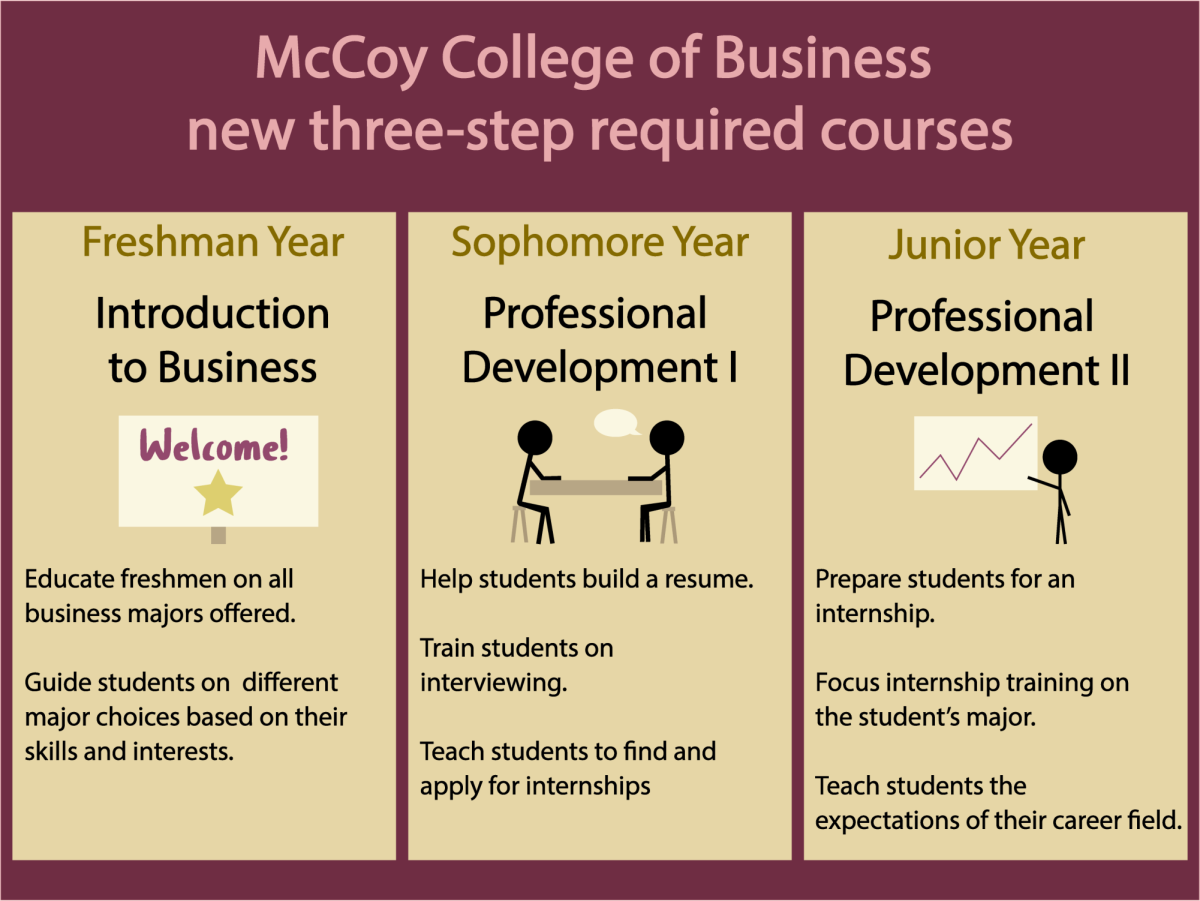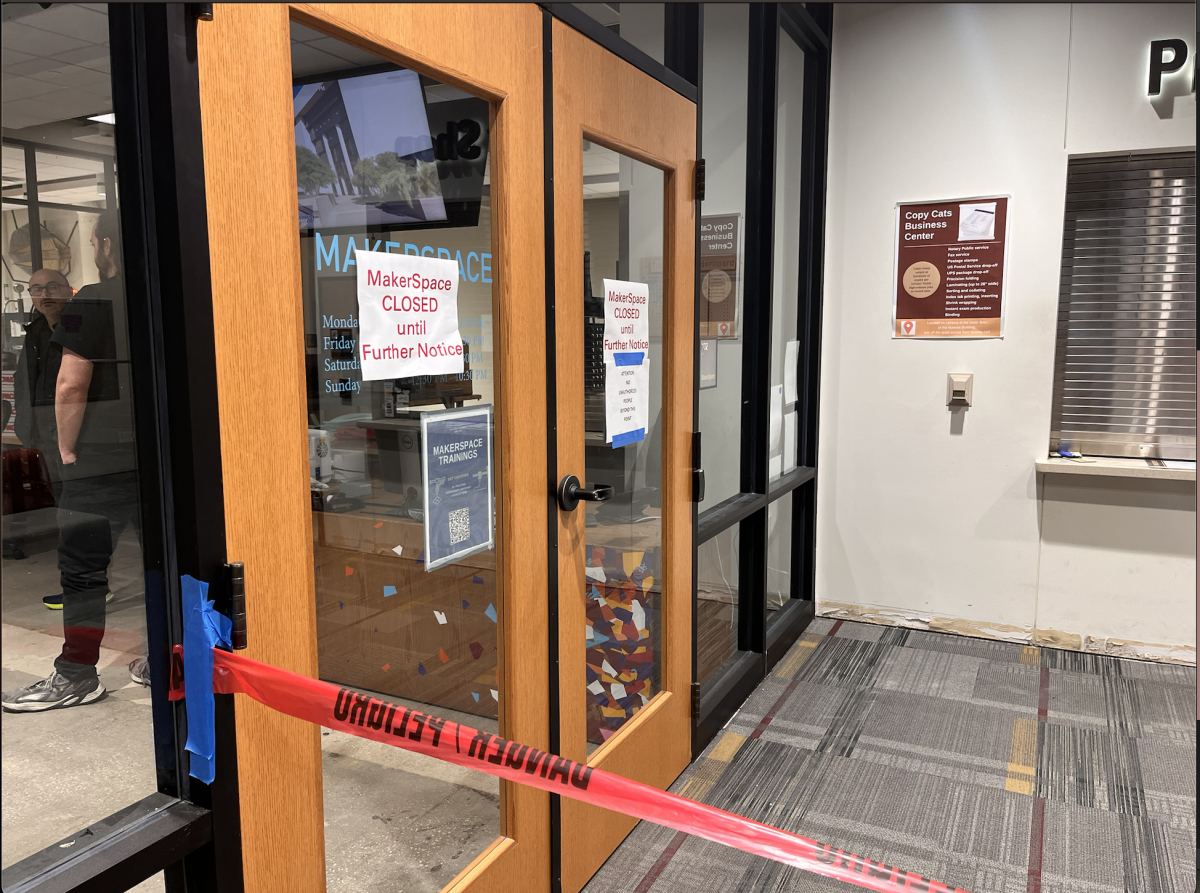Wells Fargo is overcharging students for their services, according to a report by the Consumer Financial Protection Bureau.
On Jan. 15, President Denise Trauth received a letter from Senator Elizabeth Warren warning her about Wells Fargo and their “exorbitant fees”. Warren discovered there was a significant imbalance in the amount of fees students with Wells Fargo paid in comparison to students with other banks. Thereafter, Warren sent letters to 31 university leaders from all over the nation who currently have agreements with Wells Fargo.
“I write to bring to your attention a recently-released federal report containing new information about the exorbitant fees Wells Fargo charged students,” Warren said.
The Bureau based their report on reviewing and analyzing the agreements between 573 colleges and 14 financial institutions, Wells Fargo is one of them.
The Bureau’s report found the average fees Wells Fargo charged college students were over three times higher than the average fees charged by other financial institutions. In fact, students with Wells Fargo paid more than the other 543 institutions examined combined.
Wells Fargo, the second largest account provider in the report, charged students an average of $46.99 in annual fees in contrast to the largest, BankMobile, which only charged students an average of $12.12. The smallest provider from the data set, Student Federal Credit Union only charged an average of $2.00.
“I hope this report is useful to you in the future as Texas State University makes decisions regarding campus-sponsored financial products for students,” Warren stated in her letter to Trauth.
Warren also sent a letter to Wells Fargo’s Chief Executive Officer and President Timothy Sloan on Jan. 15. In it, Warren included a series of questions for Wells Fargo to answer by Feb. 5.
Wells Fargo’s Executive Vice President and head of deposit products Edward Kadletz responded to Warren on Feb. 5. Kadletz included detailed responses to Warren’s set of questions as well as their side of the story in the letter. Kadletz also suggested the Bureau’s report is inaccurate because it relied on the financial institutions to provide their own data.
“Because there is no uniform method for reporting this data, there appears to be inconsistency in the reporting methodologies among campus card providers,” Kadletz said. “Simply put, each financial institution decides how to provide what it believes to be the most accurate and transparent information.”
Trauth responded to Warren with a letter on Jan. 18. Trauth said Texas State takes the findings of Wells Fargo very seriously and is actively working with Wells Fargo to better understand the matter.
“One of our goals is always to reduce any fees to students as much as possible, and this study has certainly led us to taking a much closer look at this particular issue,” Trauth said.
According to Texas State’s vice president for finance and support services, Eric Algoe, the Bureau’s report was unfair because the data was like comparing apples to oranges.
“One of the issues (with the report) is that the study compared full-service banks to companies who only provide student ID services,” said Algoe. “These are two completely different data sets.”
Algoe said Wells Fargo is going to take actions to decrease their fees, despite its dissatisfaction with the report. Wells Fargo will also likely introduce an overdraft forgiveness program for clients.
Despite Wells Fargo’s plans to redeem itself, Algoe and his team are going to look further into the situation and demand Wells Fargo provides a fair service to students.
“We are going to continue to push Wells Fargo to try to make sure that our students are getting a fair share,” Algoe said.
Some students like Christopher Cavazos, marketing sophomore, is unhappy with the recent findings.
“I feel like it’s unfair to students because if they want to have the convenience of an on-campus bank, they are stuck with Wells Fargo,” said Cavazos. “Texas State should at least talk about (Wells Fargo’s data) with their students so that we know what we’re getting ourselves into before we consider an account with Wells Fargo.”















